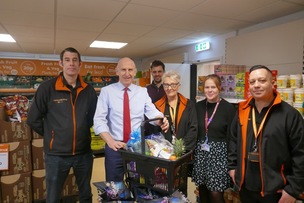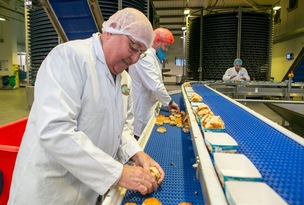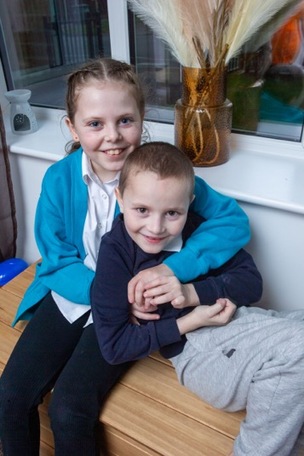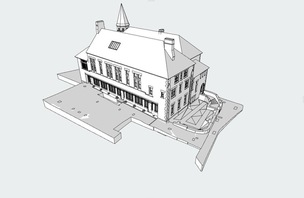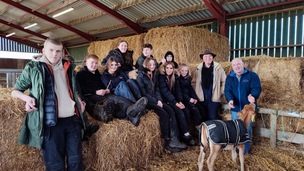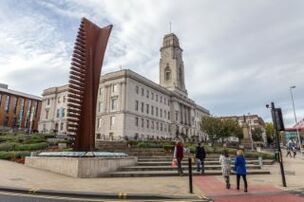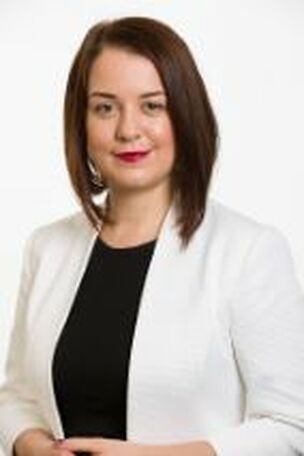EXCLUSION rates for bullying in Barnsley school’s have rocketed by 18 per cent in a year, according to a damning new report.
Data gathered from the Department for Education’s statistics revealed Yorkshire and the Humber was the only region in the country where exclusions rose in 2017/18.
Although a marked rise, Barnsley’s 18 per cent increase - which saw 20 youngsters being excluded for bullying - was dwarfed by neighbouring Wakefield Council’s 83 per cent hike, which is the worst-performing local authority in the region.
Barnsley’s figures work out as one bullying exclusion per 1,699 students in the 2017/18 school year - in 2016/17 there was one such exclusion per 1,969 students.
Barnsley East MP Stephanie Peacock said: “No child should be forced to endure bullying at school, which can have devastating consequences on both their health and educational attainment.
“Schools should take appropriate action against bullying, and exclusions should be reserved as a last resort where other alternatives have been exhausted.”
The hike comes after the Chronicle revealed last month that the town’s schools have had to endure funding cuts totalling £16.7m since 2010, equivalent to £214 per pupil.
The bullying-related exclusion figures were revealed by Oxford Home Schooling, an organisation which provides GCSE and A-level courses across the country.
Dr Nick Smith, principal at Oxford Home Schooling, said: “It is encouraging to see that in many areas the numbers of exclusions for bullying are decreasing.
“While this doesn’t necessarily mean that bullying is becoming less of an issue, it might suggest that schools are taking measures to deal with the problem, rather than just removing the children involved.
“Bullying is an unfortunate and harmful part of school life for many children across England, however, our latest research has revealed that it is a far greater problem in some regions than others.
“Across the country, the number of exclusions for bullying dropped by 5.6 per cent between the 2011/12 and 2016/17 academic years, but figures varied significantly across local authorities.”
According to the government, the number of teaching assistants in secondary schools across Barnsley has fallen from 287 in 2011 to 202 in 2017/18, a fall of nearly 30 per cent.
Other support staff have fallen from 273 to 207 in the same period, a reduction of more than 24 per cent.
Combined, this means that staff other than frontline teachers in Barnsley’s secondary schools have reduced by over a quarter since 2011, while funding for in-school police officers was also axed last year.
One officer, PC Clair Mount, divided her time between two of Barnsley’s main high schools - Outwood Academy in Shafton and its sister school in Carlton - as part of the Safer School Partnership (SSP), which was introduced in high schools by the Police Foundation following the 1995 murder of London headteacher Philip Lawrence.
Coun Margaret Bruff, cabinet spokesperson for children’s services, said: “We expect all of our schools in Barnsley to take bullying seriously and use sanctions to combat these issues where appropriate, using their anti-bullying strategy and their exclusion policy.
“Our schools are working with their pupils to ensure the learning environment is safe, which will help them reach their potential.
“While we hope that no child would ever be excluded, we recognise that there are time when it is an appropriate response. However, we do ask schools to use exclusions appropriately and proportionately.”

